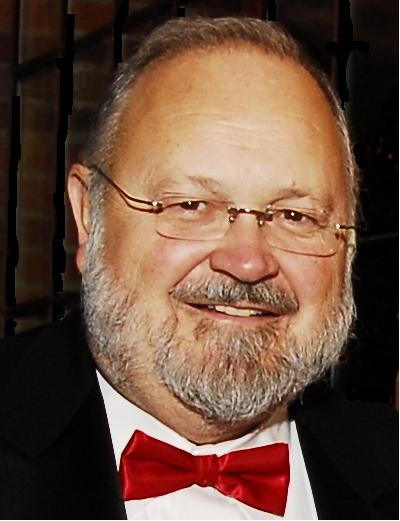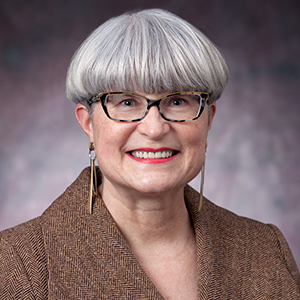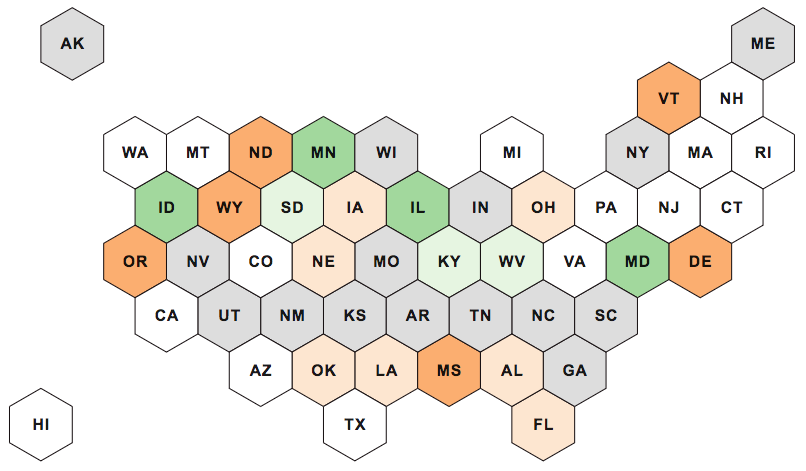Author: Current Staff
Reporter Austin Fuller to leave Current
Fuller covered the CPB rescission and wind-down.February 5, 2026Our 2025 Rising Stars are shaping the future of public media
Current’s 2025 cohort of Rising Stars includes 15 early- and mid-career professionals who are carrying public media’s mission forward in new and ...May 19, 202535 Rising Stars making their mark in public media
Current's 2024 Rising Stars contribute creatively to public media in many ways, making big differences in their workplaces and communities.August 12, 2024George Boosey, programmer who guided WBUR’s news expansion, dies at 77
Boosey helped set the Boston station’s path to growth as an NPR news powerhouse.June 24, 2024Austin Fuller joins Current’s editorial team
A journalist with extensive experience in daily reporting, Fuller most recently covered business for the Orlando Sentinel.March 18, 2024Shining bright: 22 Rising Stars whose ideas and skills are redefining public media
Find out which young professionals rose to the top of our evaluation process to be recognized as a Current Rising Star of ...July 31, 2023Current’s Sefton leaves for position at Mother Jones
Dru Sefton has been a senior editor at Current for nearly 11 years.July 10, 2019Pipeline 2019: Our annual survey of shows coming to public TV
Browse, filter and search our listing of more than 100 programs scheduled for upcoming release.November 5, 2018Current’s guide to state funding of public broadcasting
How much does your state spend on public media? Which states spend the most and least per resident? And where does the ...May 23, 2018Who’s public media?
We snapped photos at public media events throughout 2017 to answer that question.December 21, 2017Pipeline 2018: Our annual survey of shows coming to public TV
Browse, filter and search our listing of 143 programs scheduled for upcoming releases.December 14, 2017Special coverage: Diversity in public media
An in-depth look at local and national efforts to diversify public media’s workforce, content and audience.July 21, 2016April Simpson joins reporting staff at Current
She’ll be on the funding and innovation beat starting May 2.April 7, 2016NPR board of directors to expand, add public directors
NPR's board of directors will soon add six members, with four coming from the public and two from within the system.November 18, 2015
















